Assam Tea
A bold brew from the foothills of the Himalayas and one of the most popular teas.
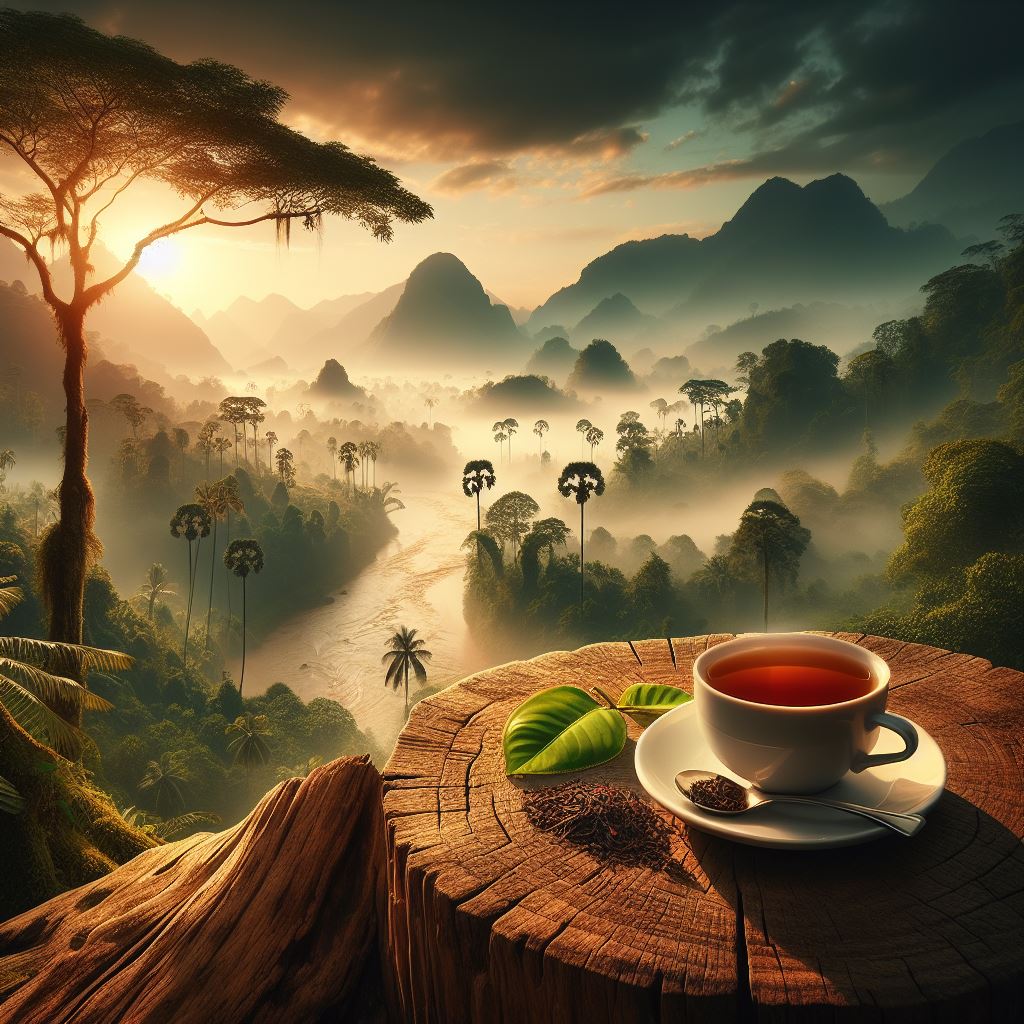
Assam tea, a world-renowned black tea, is a robust and flavorful beverage enjoyed by millions. It originates from the lush green valleys of Assam, a state in northeastern India bordering Bhutan and Myanmar. This article dives into the rich history, unique terroir, and distinct taste profile of Assam tea, making you appreciate this delightful cup even more.
Origin Story
The discovery of Assam tea is an interesting tale. Unlike other cultivated tea plants, Assam tea wasn't introduced but discovered growing wild in the early 19th century. In 1823, British explorer Robert Bruce stumbled upon these wild tea plants growing in the Brahmaputra Valley. Recognizing their potential, the British began cultivating them, laying the foundation for the thriving Assam tea industry we know today.
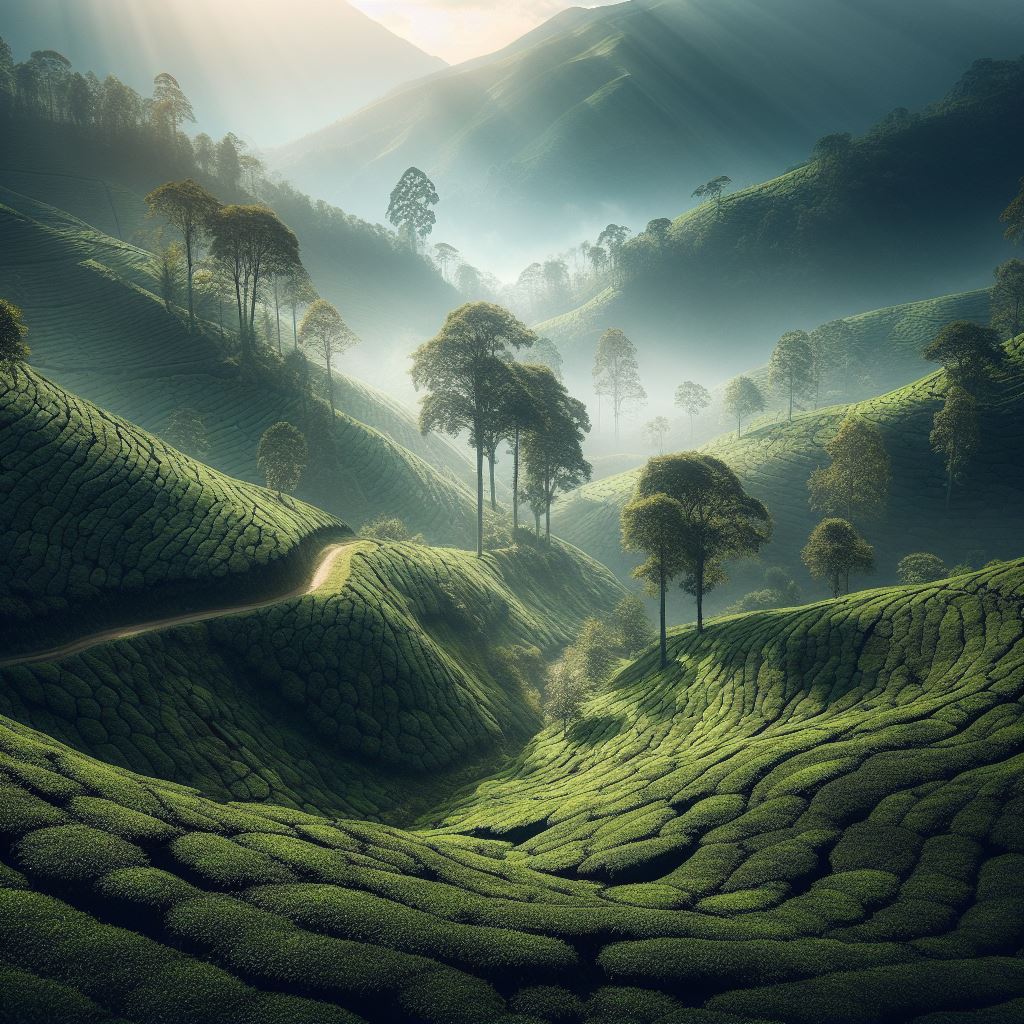
Land of Enchanting Terroir
The magic of Assam tea lies not just in the leaves themselves but also in the unique environment where they grow. Assam boasts a warm and humid climate with abundant rainfall, thanks to the mighty Brahmaputra River. This fertile land, coupled with the rich alluvial soil deposited by the river, creates a perfect terroir for cultivating tea plants. The Assam tea bushes thrive in these conditions, producing full-bodied leaves packed with flavor.
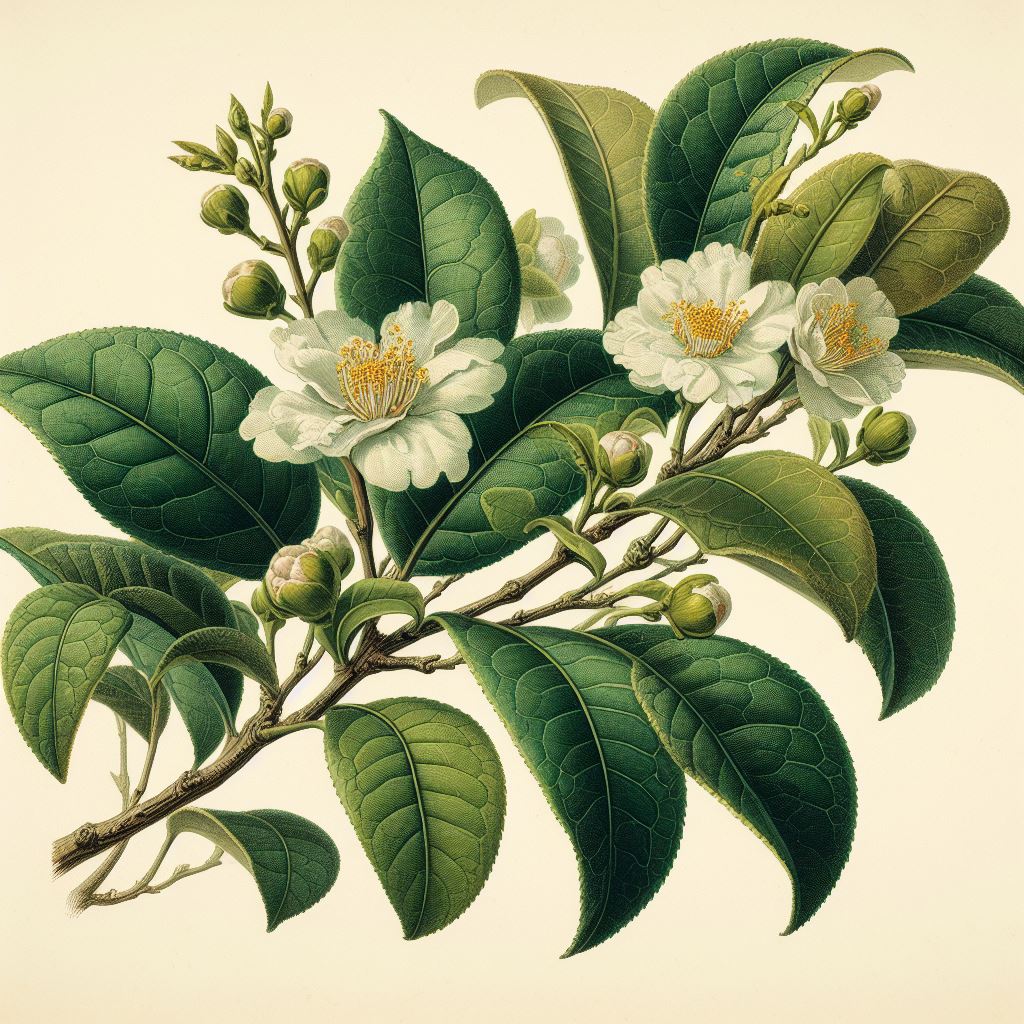
A Taste to Remember
Assam tea is known for its bold and malty taste profile. The robust liquor boasts a rich, almost syrupy, body with hints of spice and earth. Unlike some black teas, Assam tea has a lower astringency, making it smooth on the palate. The first flush of Assam tea, harvested in spring, is considered the most prized, offering a brighter and more delicate flavor compared to subsequent flushes.
Whether you enjoy Assam tea straight up or prefer it with a splash of milk and sugar, it's a guaranteed way to jumpstart your day or unwind after a long one. So, next time you reach for a cup of tea, consider exploring the bold and beautiful world of Assam tea.
Invigorate Your Senses...
...with Assam FTGFOP black tea
Experience the bold and robust taste of Assam FTGFOP black tea, a premium selection in our little tea shop sourced from the heart of Assam, India.
FTGFOP stands for Fine Tippy Golden Flowery Orange Pekoe, indicating the highest grade of Assam tea. This translates to a luxurious loose-leaf tea crafted from young, unopened buds and the two youngest leaves, resulting in a full-bodied and flavorful brew.
What to expect:
- Rich, malty taste:
Assam FTGFOP boasts a distinct malty character, offering a satisfying depth of flavor. - Vibrant copper liquor:
The steeped tea produces a beautiful copper-colored infusion, a visual treat before you even take a sip. - Smooth and invigorating:
Despite its boldness, Assam FTGFOP has a smooth finish with minimal astringency, making it a delightful pick-me-up. - Hints of spice and earth:
Subtle notes of spice and earth add complexity to the flavor profile, creating a truly captivating experience.
Enjoy Assam FTGFOP black tea on its own or with a splash of milk and sugar to experience its full potential. It's a perfect way to start your day or unwind after a long one.
Order your Assam FTGFOP black tea today and embark on a journey of robust flavor!
New Stuff
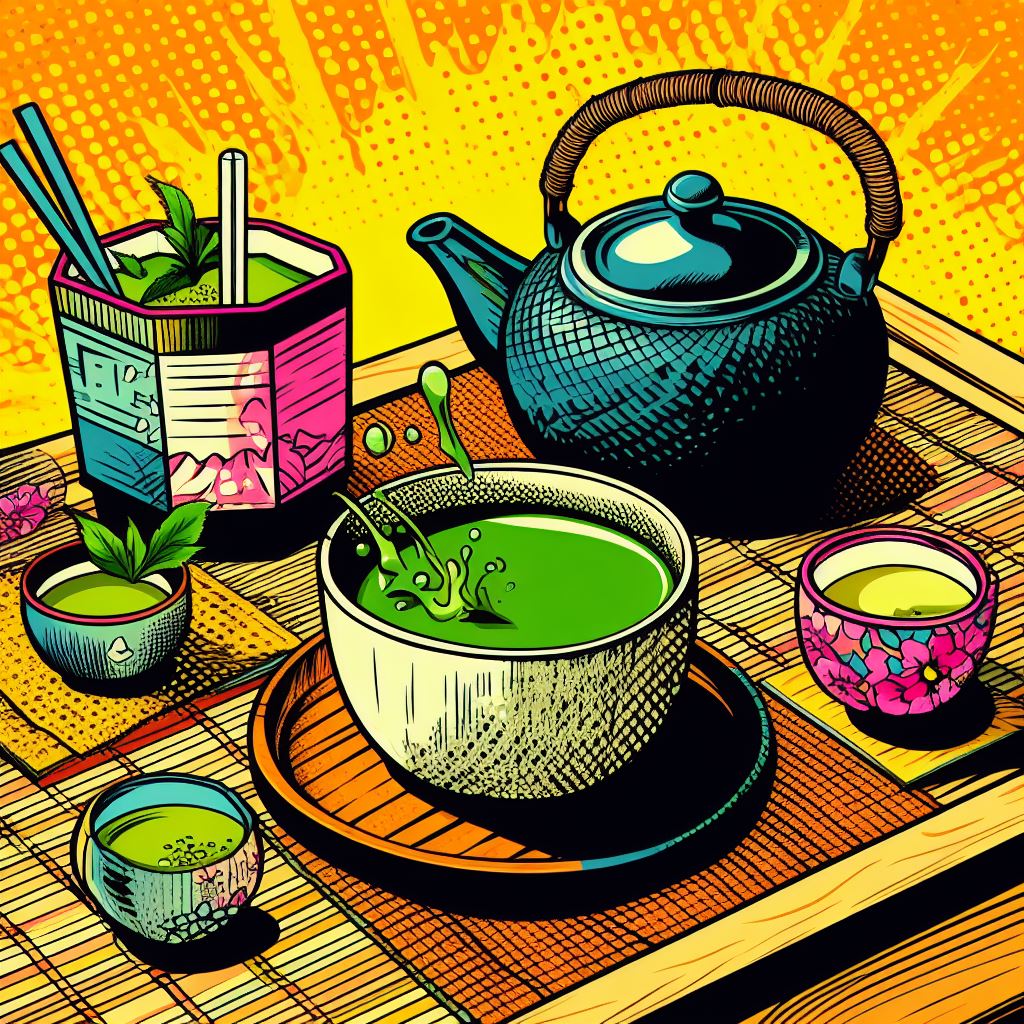 | 3 Common Grades of Matcha Matcha, a finely ground powder of specially grown and processed green tea leaves, has become a global phenomenon. |
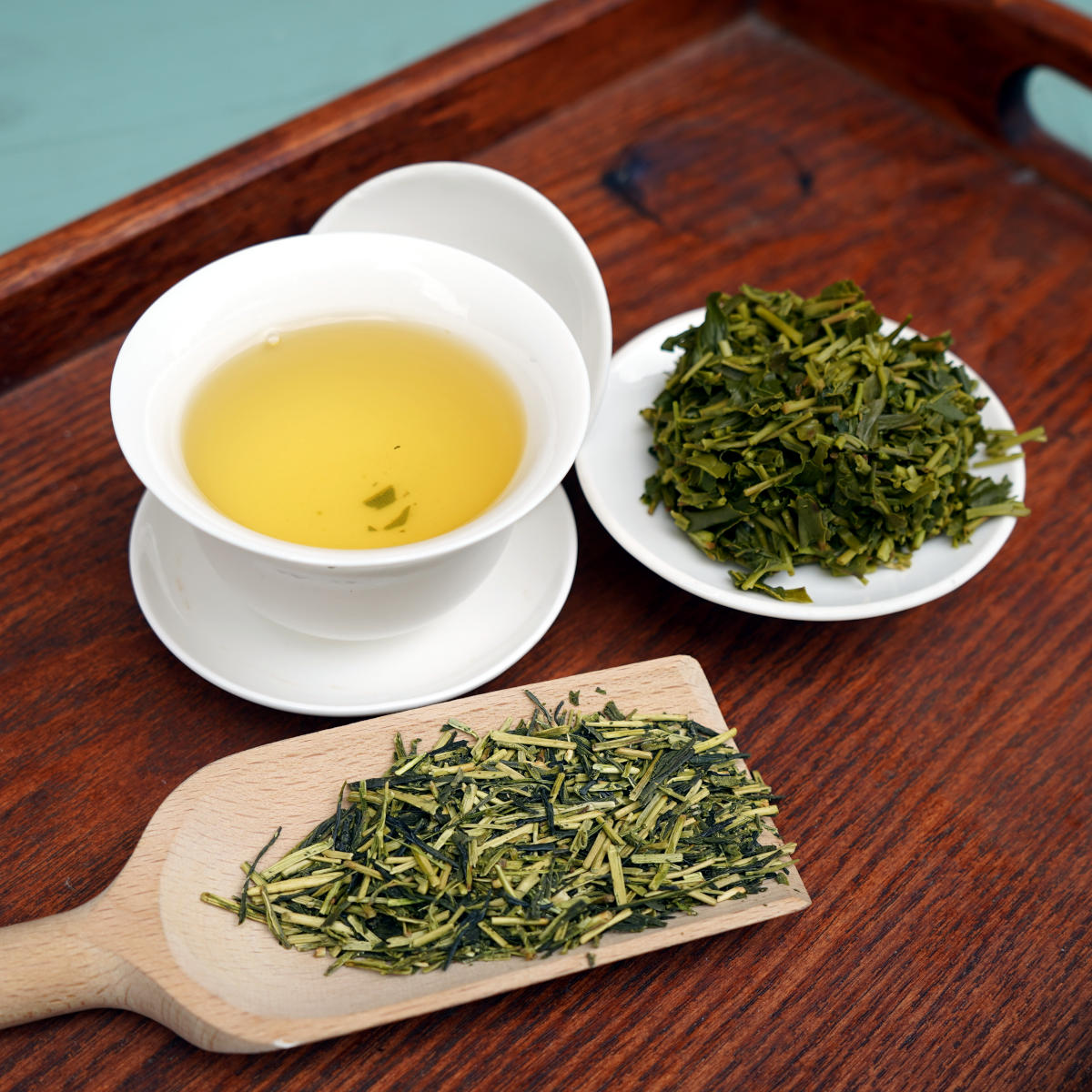 | Kukicha: A Unique Japanese Tea Kukicha is naturally low on caffeine, but still rich in taste. That makes for a perfect afternoon and evening tea. |
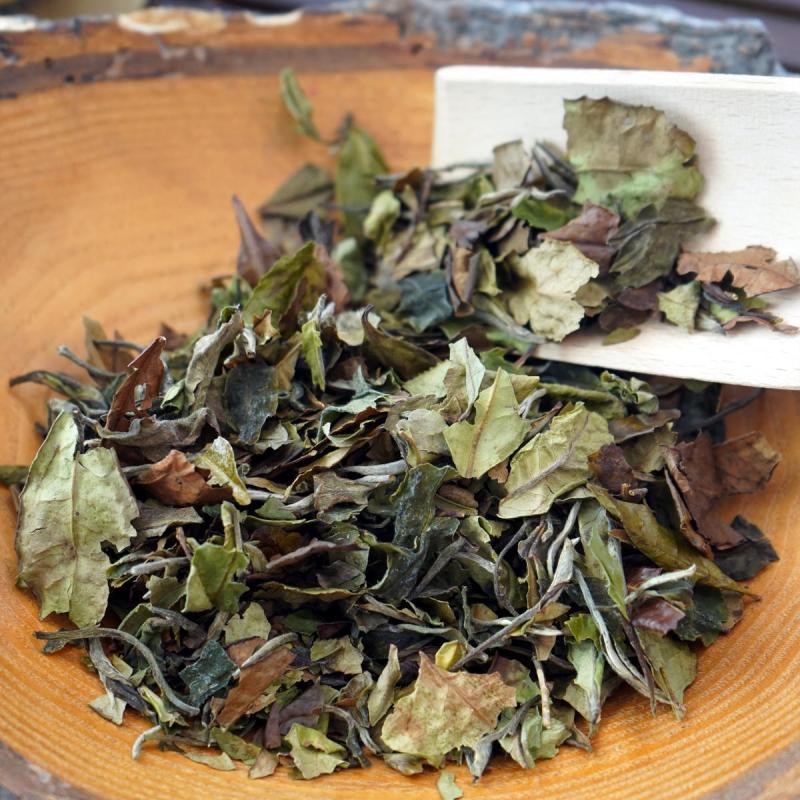 | White Tea White tea, a name synonymous with purity and elegance, beckons tea lovers seeking a subtle yet captivating experience. |
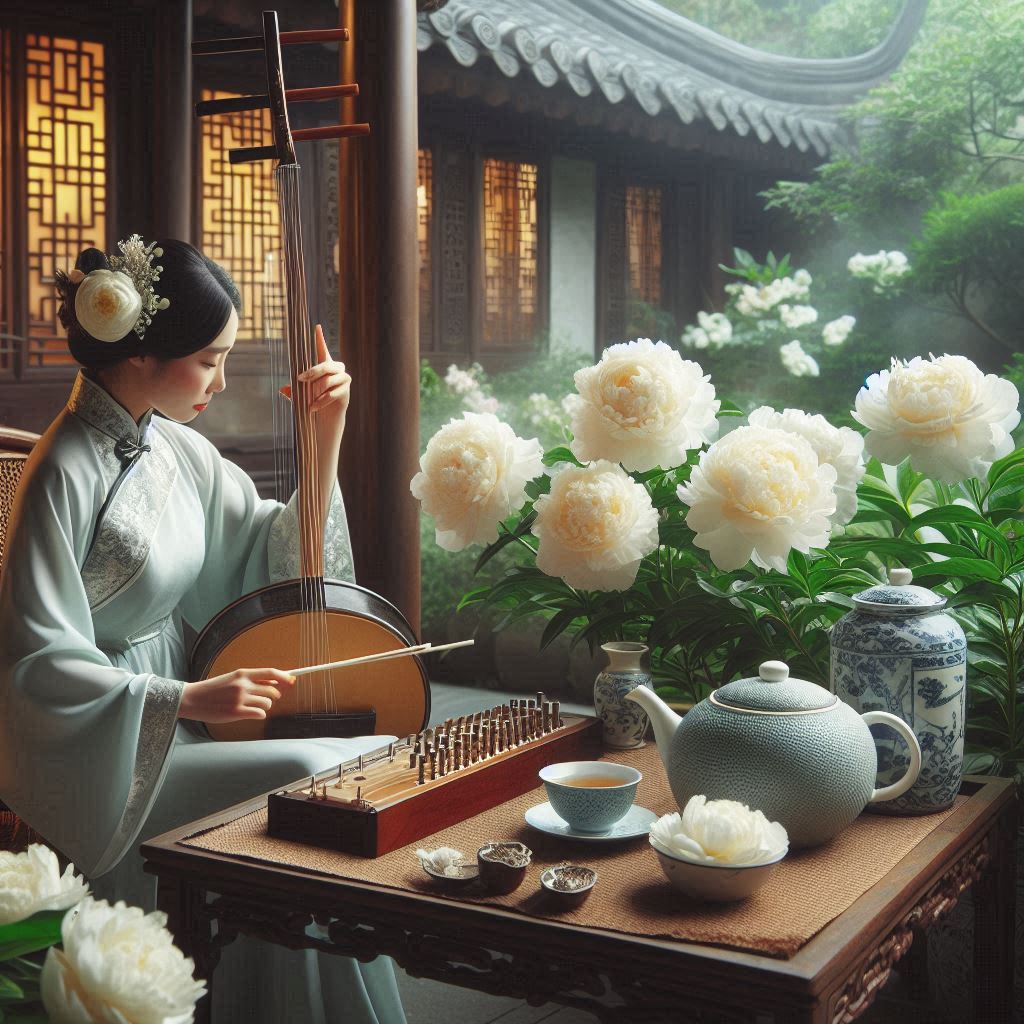 | Unveiling the Delicate Elegance of Pai Mu Tan White Tea Have you ever craved a tea that embodies pure refinement? Look no further than Pai Mu Tan, a white tea celebrated for its delicate taste and minimal processing. |
 | Assam Tea A bold brew from the foothills of the Himalayas and one of the most popular teas. |
 | Opening Times New opening times from 1st of November 2023! Mon - Thu 09:30 AM - 05:30 PM, Fri & Sat 9:30 AM - 07:00 PM ... Sun closed |
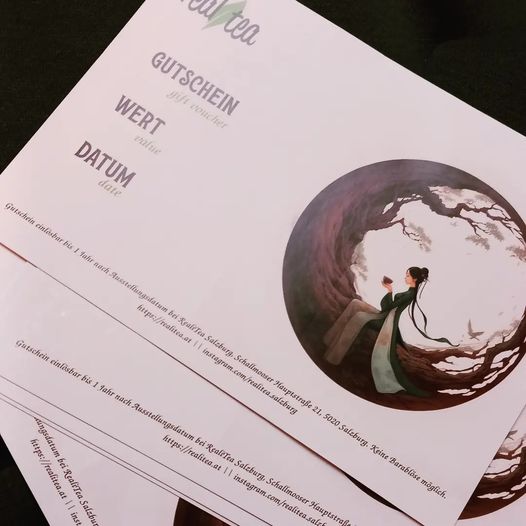 | When sombebody vouches for a gift they buy a gift voucher. Now at RealiTea! |
